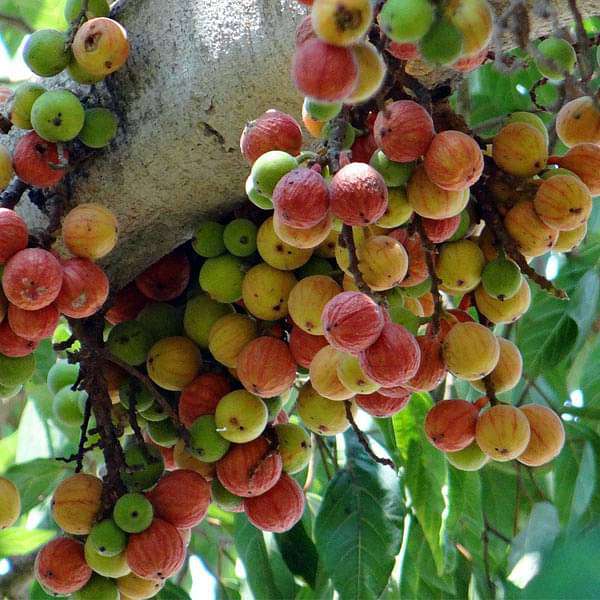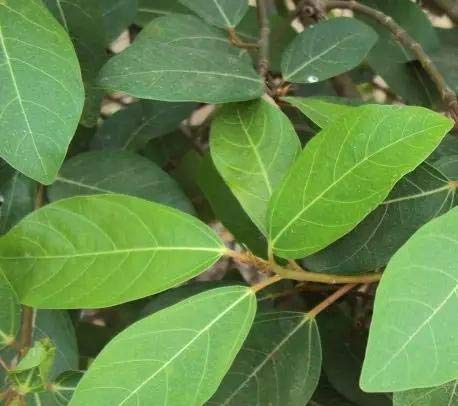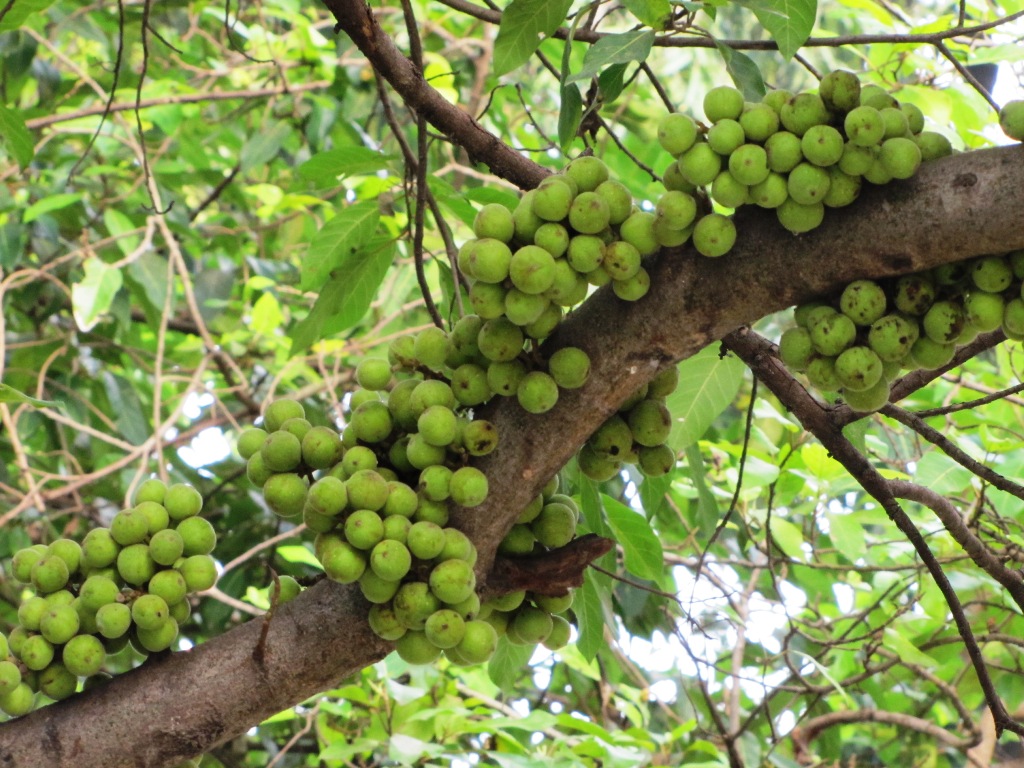Gular Tree
*Botanical name:- Ficus racemosa
*Local name:-Sanskrit- Udumbara , Audumbara, Krmiphalah, Gular, Jantukaphalah. Hindi- Goolar, Udumbara, Umari, Jantu Phal, Dumar, Dharma Patra, Pani Bhuj. English- Cluster Fig, Country Fig, Gular fig.
*Family - Moraceae
* Medicinal used –Goolar tree leaves, fruits and bark are used to treat various diseases.
Here are some medicinal application of cluster fig to treat various diseases.
Mouth ulcers and other mouth infections
Take bark (10 gm)of gular tree and cook in water(400 ml) for a few minutes. Add alum(pinch) and filter. Use this water to rinse mouth frequently .
Swelling
Take bark of gular tree, grind on stone with water to make paste. Apply at affected area.
Boils
For curing boils take gular bark paste and apply at affected area.
Pimples and freckles
Take inner side of gular bark and make paste of it. Apply on pimples, acne and freckles.
Burn marks on skin
Take gular fruits and make paste. Mix paste with honey and apply regularly on burn marks. Use regularly to get normal skin tone.
Also burning causes skin to tighten and stiffen. Apply paste of bark and leaves at such burnt areas.
Rakta Pitta , Nose Bleeding
Take tender leaves(10-15), grind to extract juice and add misri to this juice. Take regularly.
Urticaria(Hives) or sheetpitta
Take tender leaves and extract juice. Drink 15 ml juice for a few days.
Bhasmak rog
Dry gular fruits and make powder. Take this powder(1 tbsp) three times a day for a few days.
Dysentery
Drink 10- 15 ml juice of gular tender leaves.
Stomach ache
Take dry fruits of gular, ajwain and sendha namak. Make powder and take two times a day with water.
Fistula, Piles Hemorrhoids
Take milk like secretion or latex of gular tree after plucking leaves and soak in cotton. Apply on the affected area.
Leucorrhea, Weakness , Spermatorrhea
Drink 1 cup juice of gular tender leaves in morning.
Burning In Hands And Feet Due To Excess Pitt
Drink tender leaves juice of gular.
*Environmental benefits -Reduced energy use: Trees and vegetation that directly shade buildings decrease demand for air conditioning.
Enhanced stormwater management and water quality: Vegetation reduces runoff and improves water quality by absorbing and filtering rainwater.



